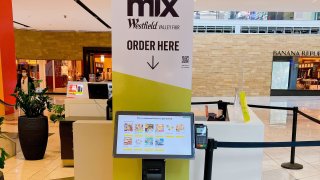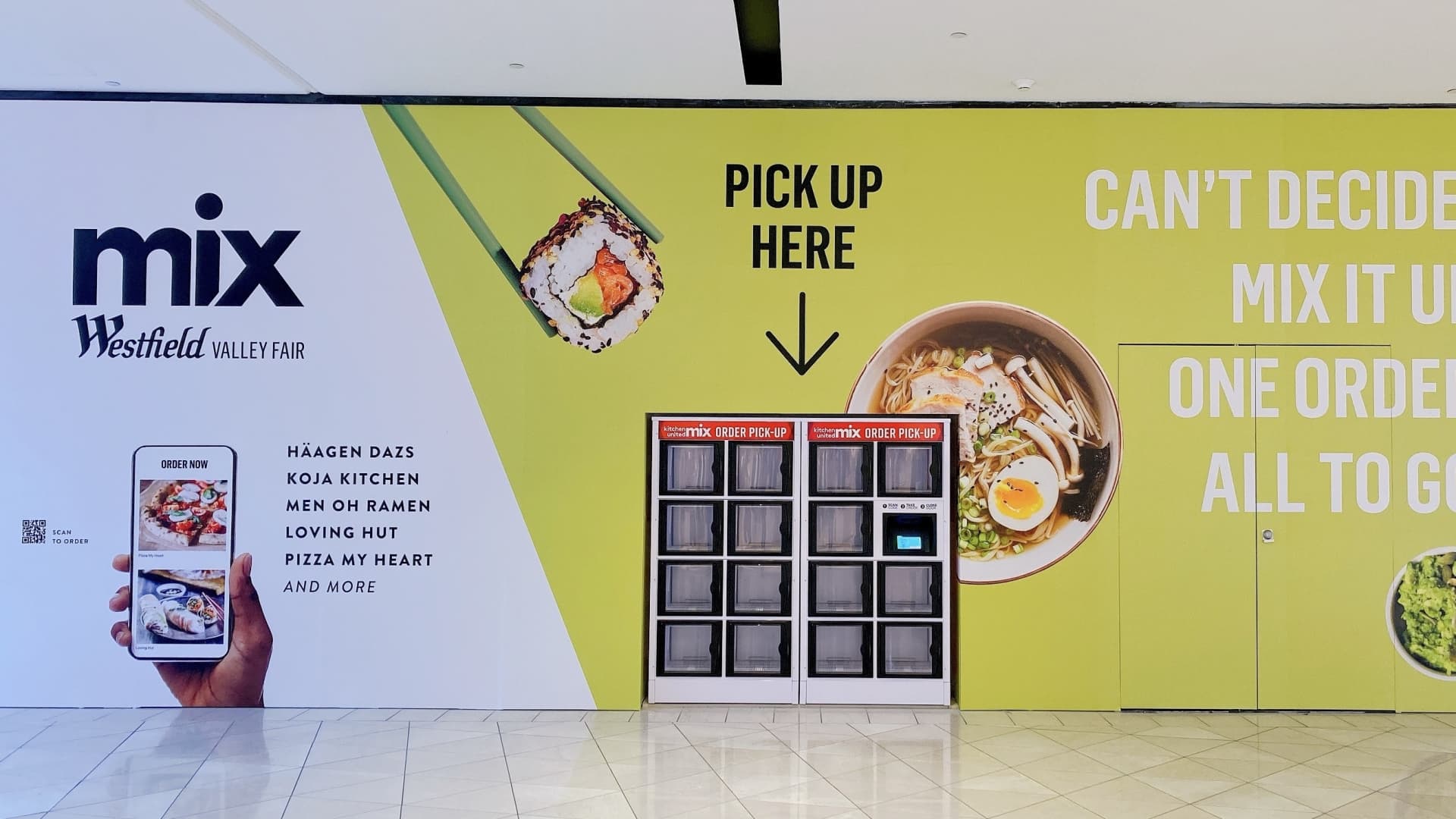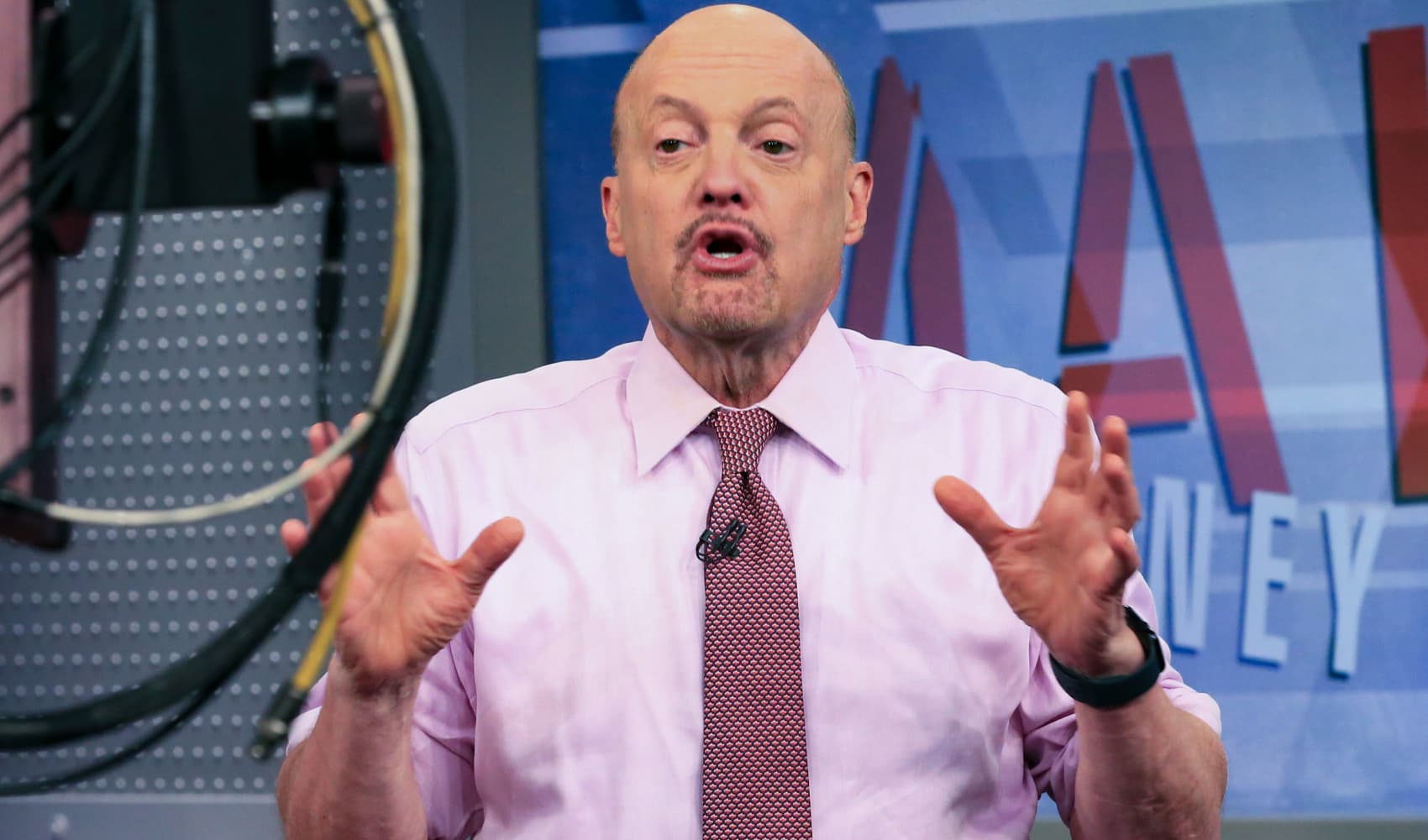
- Westfield Valley Fair said it will use Kitchen United technology to make it easier to order food for pickup and delivery from the mall.
- The goal is to offset headwinds faced by malls and restaurants during the pandemic.
- 2020 accelerated shifts in the restaurant industry in favor of the ghost kitchen model as a way for restaurants to make up for lost revenue, and for restaurant and retail space to be repurposed.
Looking to offset dwindling foot traffic and dining restrictions brought on by the pandemic, Westfield Valley Fair mall in Santa Clara, California has teamed up with Kitchen United to help diners order food to go.
Eateries at Westfield Valley Fair will be able to use Kitchen United's technology to facilitate to-go orders and send the food to lockers for pickup or delivery from the mall's ground floor.
"Shoppers can now access their favorite Valley Fair restaurants from the comfort of their home, and with the added convenience of being able to order from a number of different restaurants all on the same ticket," said Joy Lai, Kitchen United's chief operating officer.
Get Philly local news, weather forecasts, sports and entertainment stories to your inbox. Sign up for NBC Philadelphia newsletters.
A vertical conveyor belt will move orders from the food court to the pickup station making it easier for drivers to get food in about a minute. The increased speed helps maintain the quality of food being delivered, Lai said. Participating brands include Big Little Fish, Pizza My Heart and Haagen Dazs.
The companies had been in talks to team up prior to the pandemic but plans were accelerated due to Covid, Lai said.
"We've been doing everything we can to help the restaurants who need us at this time where mall traffic is lower ... and with indoor dining restrictions, it's been really, really challenging for these restaurants to even open and have business," she said.
Money Report
The move makes sense as malls continue to struggle due to both the health crisis and changing consumer preferences. A recent report from Coresight projects as many as 10,000 stores could close in the U.S. this year, many of them apparel retailers, which would set a new record. These closures could lead to even fewer trips to the mall. Even top-tier malls are suffering, resulting in lower valuations.
Kitchen United, which has raised $50 million from investors including Google Ventures, isn't the only company looking to the mall for new business. Last year mall operator Simon Property and Accor, the hotelier, teamed up to launch C3, a virtual kitchen company. The venture is set to open more than 400 new kitchens this year thanks to a favorable real estate environment.
Ghost kitchens, also known as virtual or dark kitchens, allow companies to prepare food strictly for delivery, sometimes with multiple brands under one roof sharing a kitchen. The concept also allows brands to operate virtually, without a physical restaurant, serving food for delivery only.
Investments in ghost kitches rose 11% to $3 billion last year from 2019, said Alex Frederick, senior emerging tech analyst at Pitchbook. While larger players like REEF Technology and Travis Kalanick's CloudKitchens account for a large portion of funding, start-ups and established brands are leaning into the concept as well.
Euromonitor estimates ghost kitchens could create a $1 trillion global opportunity in the food delivery space by 2030.
The pandemic's blow to independent restaurants will continue to fuel the trend this year. About 110,000 locations are closed either temporarily or for good, according to the National Restaurant Association, which means real estate will be up for grabs. Companies that are shying away from in-person dining or who do not have an established footprint could turn to ghost kitchens to service customers.
"There is a lot of vacant restaurant space that is already built out with kitchens," said Frederick. "We're seeing ghost kitchen companies go in and repurpose those restaurants into virtual restaurants."

But the move could also leave room for oversaturation as more companies lean into the model.
Last year, Chili's parent Brinker International launched its own ghost kitchen wing concept. This year, Panera and Noodles & Co. are preparing to launch virtual kitchen concepts of their own, which could be challenging for smaller operators, Frederick said.
"One the biggest issues of being a virtual-only restaurant is you are one of many different restaurants competing for space. On a delivery app, it's very difficult to stand out when you're 'Joe's Hamburger Shop' competing against 50 other hamburger places. But if you're McDonald's, everyone knows McDonald's … it's much easier to stand out. It's challenging when you don't have that brand value."
—CNBC's Betsy Spring contributed to this report.






